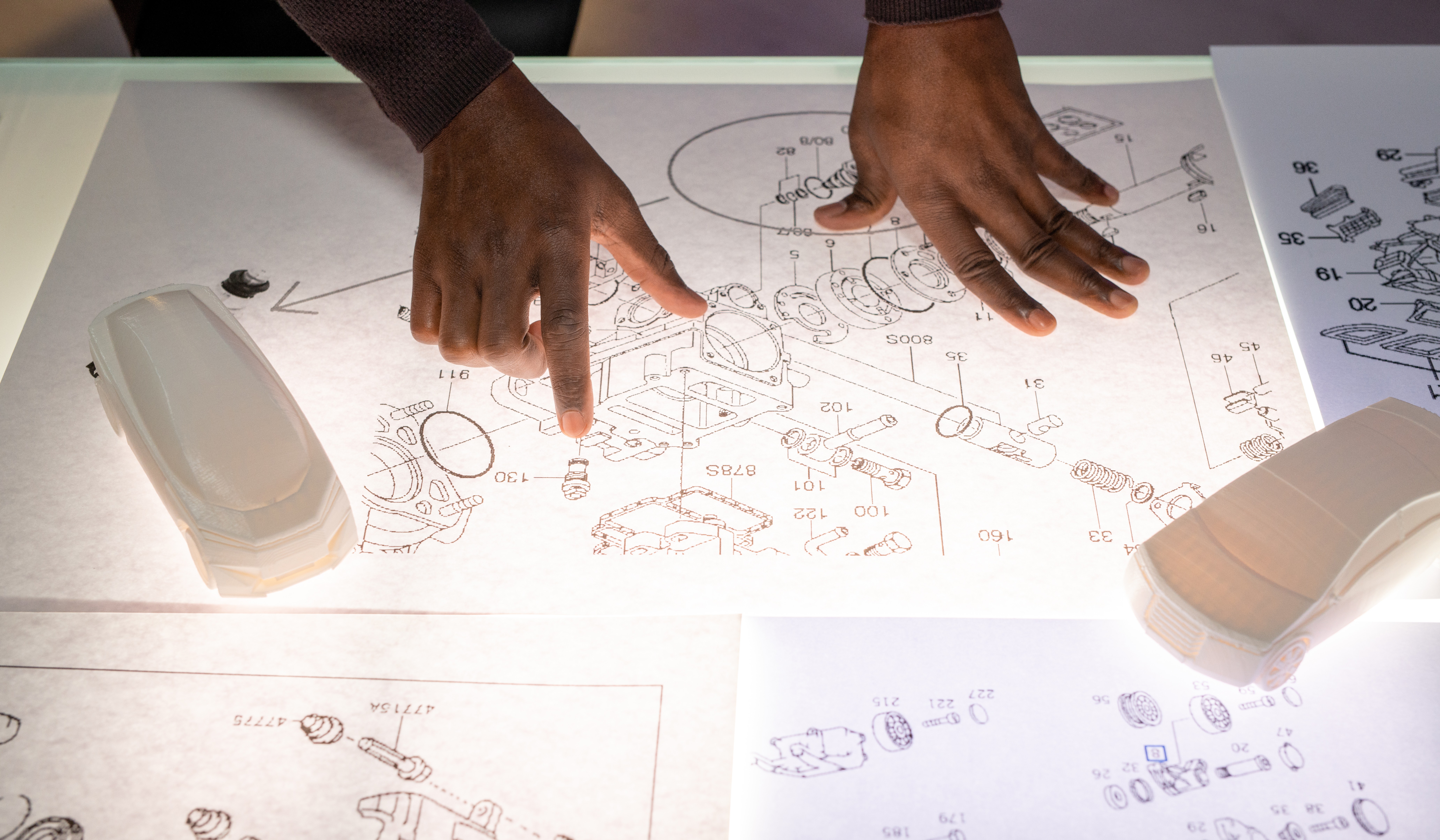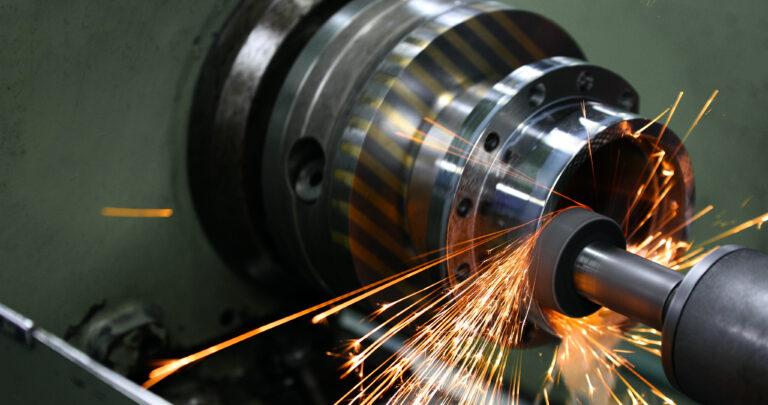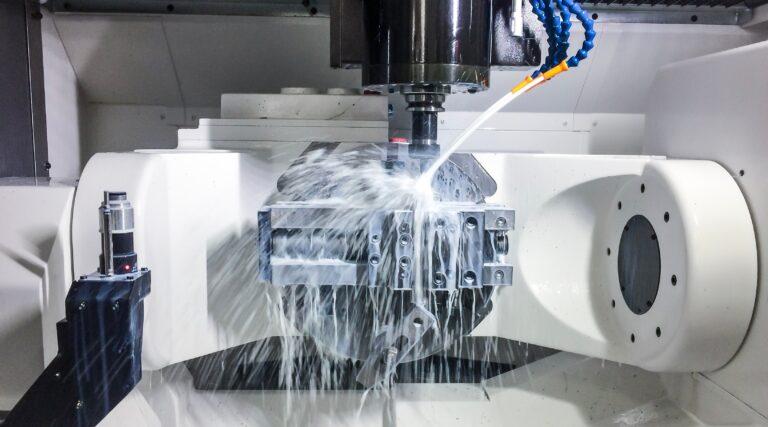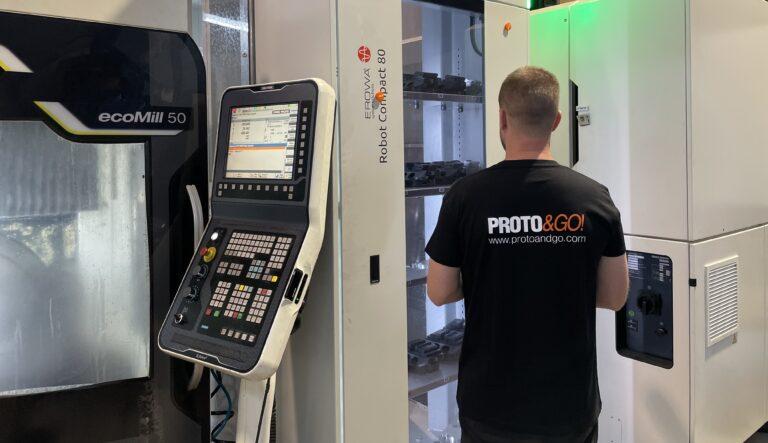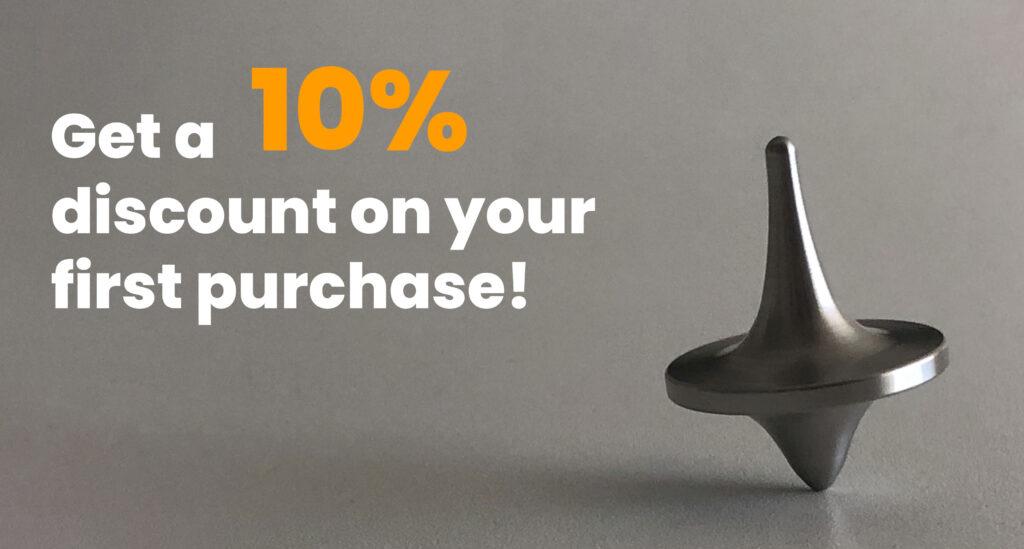When the time comes to materialize an idea, one of the most important decisions is to choose the most appropriate manufacturing technology for your first prototype. Two of the most common options are CNC machining and 3D printing. Although both allow you to convert a digital design into a physical part, their differences can directly influence the time, cost and quality of the final result.
In this article we tell you what each of these technologies consists of, what their advantages and limitations are, and what factors you should take into account to choose the most suitable option for your type of project.
CNC machining: the ideal technology for functional parts
CNC machining is a subtractive technology that works by removing material from a solid block, either metal or plastic. This process offers excellent precision and high quality finishes, so it is widely used when the prototype must meet demanding functional requirements or very tight tolerances.
Advantages of CNC:
- High accuracy and reliability.
- Good surface finish without post-processing.
- Wide range of technical materials available.
Disadvantages:
- Requires more preparation time.
- Higher cost if many design changes are made.
- Limitations in complex internal geometries.
If your goal is to manufacture parts that must be subjected to real mechanical stresses or to simulate the behavior of the final product, CNC can be the most reliable option. Today, online CNC manufacturing platforms such as Proto&Go! allow access to industrial machining services in an agile way, from anywhere.
3D printing: flexibility and speed to validate your ideas
On the other hand, 3D printing offers exceptional flexibility. As an additive manufacturing technology, it allows the creation of complex shapes and internal cavities without the need for special tooling. This makes it the ideal choice for validating concepts, reviewing shapes and fine-tuning designs in the early stages.
Advantages of 3D printing:
- Ideal for complex geometries.
- Lower cost in very short series or single pieces.
- Allows fast iterations with short lead time.
Limitations:
- Lower mechanical resistance according to material and technology.
- Rougher surface finish.
- Less precise tolerances compared to CNC machining.
The ability to iterate quickly and at low cost makes it very attractive for startups or designers who need to experiment before defining a functional version. Thanks to advances in industrial 3D printers, the quality and variety of 3D printing materials have improved significantly, allowing for increasingly professional results.
How to decide which one to use?
So which one should you choose? It will depend on several key factors: the purpose of your prototype, the type of testing you will be doing, and the budget and timeframe available.
- Whether you are exploring ideas, validating geometries or need a visual mock-up, 3D printing will offer you speed and flexibility, especially if you already have your 3D model ready.
- If you already have a more defined design and need a functional part that can withstand real-world conditions, CNC machining will probably be the best option.
- In many projects, it is most efficient to combine both technologies: using 3D printing for the conceptual phase and CNC machining in the final validation stages.
What can Proto&Go! do for your project?
At Proto&Go! we specialize in both 3D printing and CNC machining, offering solutions tailored to the needs of each phase of product development. If your project requires fast validations, design freedom or agile iteration, we have HP’s Multi Jet Fusion (MJF) 3D printing technology, specially designed for industrial applications. This technique allows us to manufacture parts with 3D printing materials such as Polyamide PA12 (rigid and resistant) or TPA (flexible and durable).
On the other hand, if your prototype requires precision, tight tolerances or mechanical strength, our online CNC manufacturing service allows you to obtain machined parts with professional finishes and high-performance technical materials. We work with efficient industrial machining processes, designed to respond with agility even to demanding projects.
Whether for an exploratory phase or functional testing, we can help you analyze the case and choose the most appropriate technology.
Don’t wait any longer and request your quote through our website!

